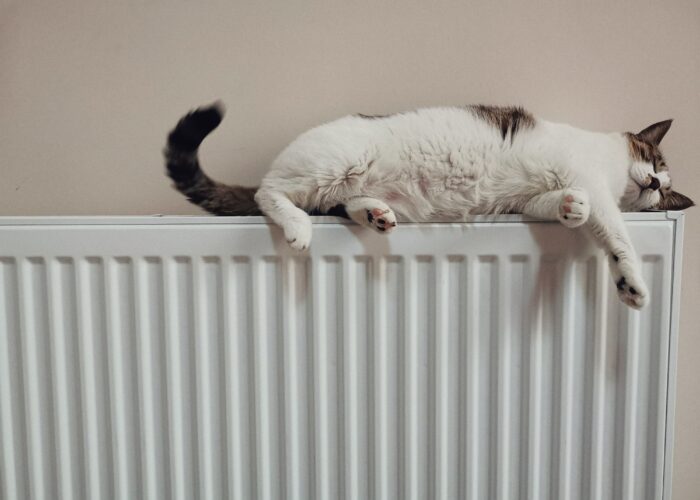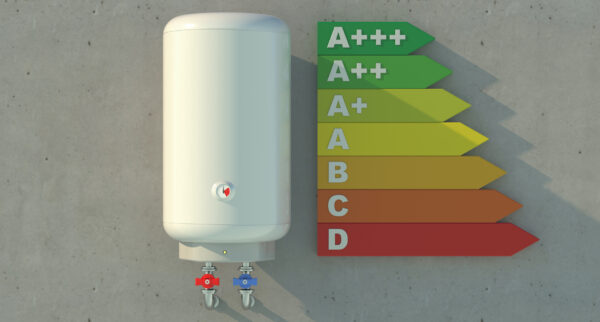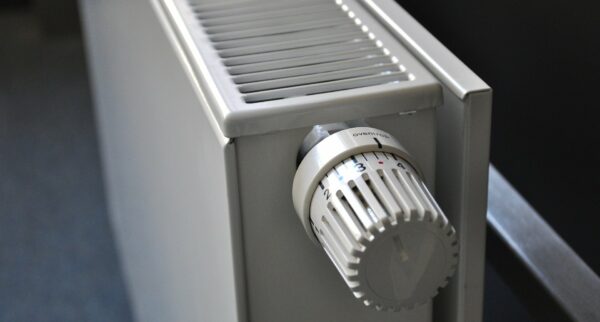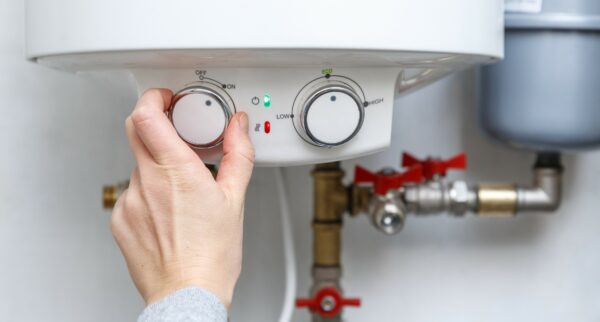Call us today 0207 32 32 999
In the height of summer, your central heating is probably the last thing on your mind. But neglecting your heating system could be something you later regret. Central heating systems do require a degree of looking after, even when they’re not in use. While your heating system might not feel like a priority when you’re busy thinking about how to keep the house cool on warm summer’s evenings, when those cold, dark evenings roll around again you might be glad that you kept your heating in tip top condition!
Maintaining your central heating isn’t particularly time-consuming or difficult, so there’s no reason not to make these quick tasks a regular part of your maintenance schedule. Take a look at some of our top tips on how to maintain your central heating system over the summer, and you’ll be able to ensure that your heating works perfectly when you do need it again.
Run your heating regularly
Don’t be tempted to switch your heating off and forget about it as soon as the weather improves. Most modern heating systems benefit from being run for a short period of time quite regularly. We suggest running the heating for as long as it takes for radiators to warm up, approximately once a month.
It’s important to turn your heating on from time to time because inactivity is a huge cause of heating system failures. Of course, these faults also all tend to arise at the same time of year, when households all over the country start to put their heating back on. If you run your system regularly for just 10 minutes or so each time, you can avoid this potentially stressful and expensive issue.
Bleed your radiators
Radiators should be bled annually, to ensure that no air is trapped inside the heating system. There are a few telltale signs of air being trapped, like strange gurgling noises and inefficient radiators that seem to take an age to warm up. But don’t wait for these problems to begin; bleed your radiators regularly and you’ll have powerful, warm radiators whenever you need them.
If radiators are bled annually you’ll also avoid putting undue pressure on the boiler itself, which can help to keep it working at maximum capacity. Bleeding radiators doesn’t take long at all, so make a note to do it before any problems start to emerge.
Book a cleaning appointment
Like any piece of household equipment, boilers can be compromised due to a buildup of dirt and dust. Most boilers will benefit from a regular clean, to ensure that they’re dirt-free and working as well as they possibly can. This is a skilled job so it’s worth booking an appointment with your preferred Gas Safe engineer to get your boiler cleaned safely and professionally. Speak to your engineer about a cleaning check, and book the service in while the system isn’t in constant use.
Check the pressure
Many a fault can emerge as a result of pressure that’s either too high or too low. So make sure you’re checking the boiler pressure regularly, and be prepared to rectify any issues before the heating system starts to fail.
We suggest checking the pressure gauge at least once every few months. If your checks reveal pressure that’s too low, you might have to top the system up. If you’re unsure of how to do this, just all your heating engineer and they will be able to advise you.
High pressure is easily fixed by bleeding radiators to release air that’s become trapped inside the system. Once radiators have been bled you’ll be able to check the pressure again and you should see that it is back within a normal range.
The perfect pressure ranges from boiler to boiler, but most systems make it easy to check whether it’s too high or too low. Usually you’ll see a colour code on the pressure gauge with red and green sections to show where the pressure is, and where it should be for the system to work as well as it possibly can.
Make sure your annual service has been done
Services are an incredibly important part of boiler maintenance. Boilers should be serviced annually, to ensure that they are completely safe and free of any problems. Often, these services will reveal issues just as they’re starting to emerge. If a fault is picked up at this stage, it can be rectified far more easily and cheaply than if the problem is left to grow, and ultimately causes a complete failure of the heating system that requires an emergency callout.
Plan any upgrades and replacements
Heating engineers have far better availability during the warmer months, so it’s a great time to book in any replacements or upgrades that you might need. If you’re considering replacing your old boiler with a more modern version, summer is the perfect time to do it. Not only are you not using the system, you’ll also benefit from the reduced demand on technicians’ time, and you should be able to get the work completed far more quickly than you would at any other time of year. Speak to your engineer about any upgrades that could improve your heating system, and look into whether you would benefit from replacing your boiler with a brand new model.
—
Some people tend to forget about their central heating systems entirely while they’re not in use, but this period of downtime can be incredibly useful for annual maintenance such as cleaning and servicing. It’s also a great time to book any replacements or upgrades that you might be thinking about. And of course, we always recommend that you spend a little time on regular maintenance tasks and checks, to keep your system in perfect order all year round. Once those chillier nights start to creep in and you need toasty warm radiators at the touch of a button, you’ll be thanking yourself for being so diligent about keeping the system working perfectly.





